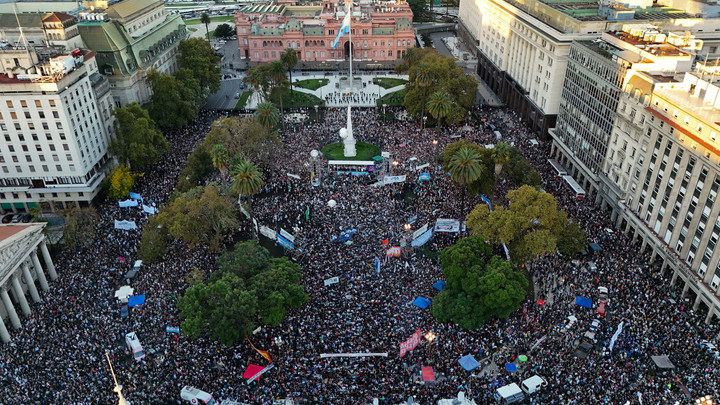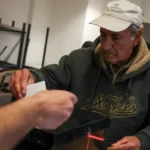
Attacks that strengthen. A reflection on the words Pompeyo Audivert about autonomy, self-management and unity. Editorial of “El Círculo Rojo”, a program on La Izquierda Diario that is broadcast every Thursday from 10pm to 12pm on Radio Con Vos 89.9.
Politics / Neoliberalism / Retirees / National University March / Javier Milei
Source: www.laizquierdadiario.com

